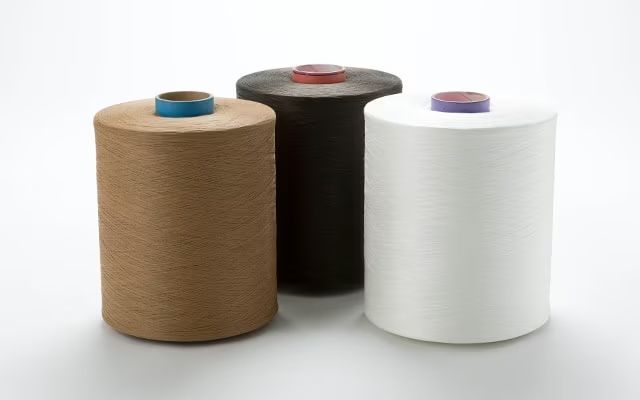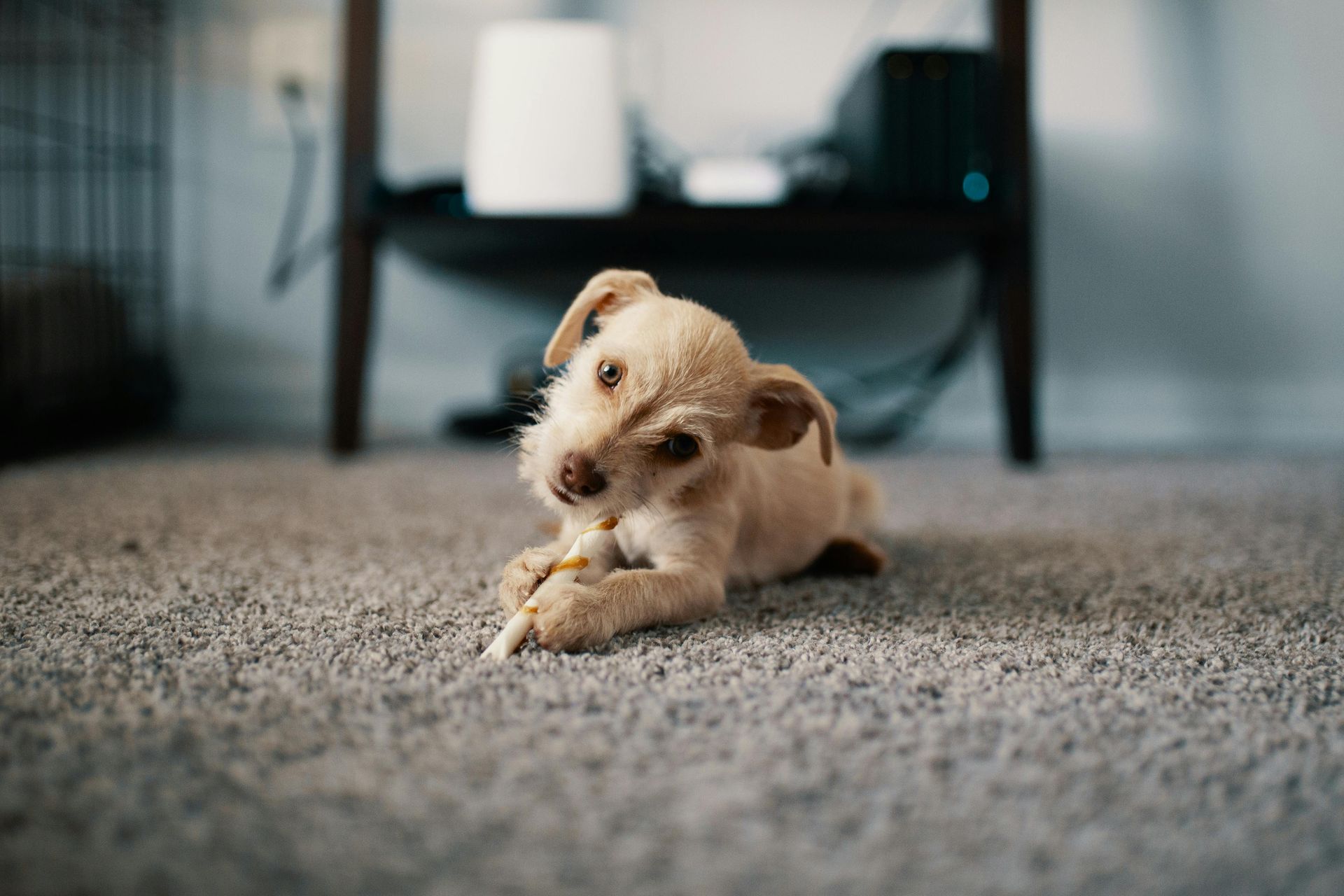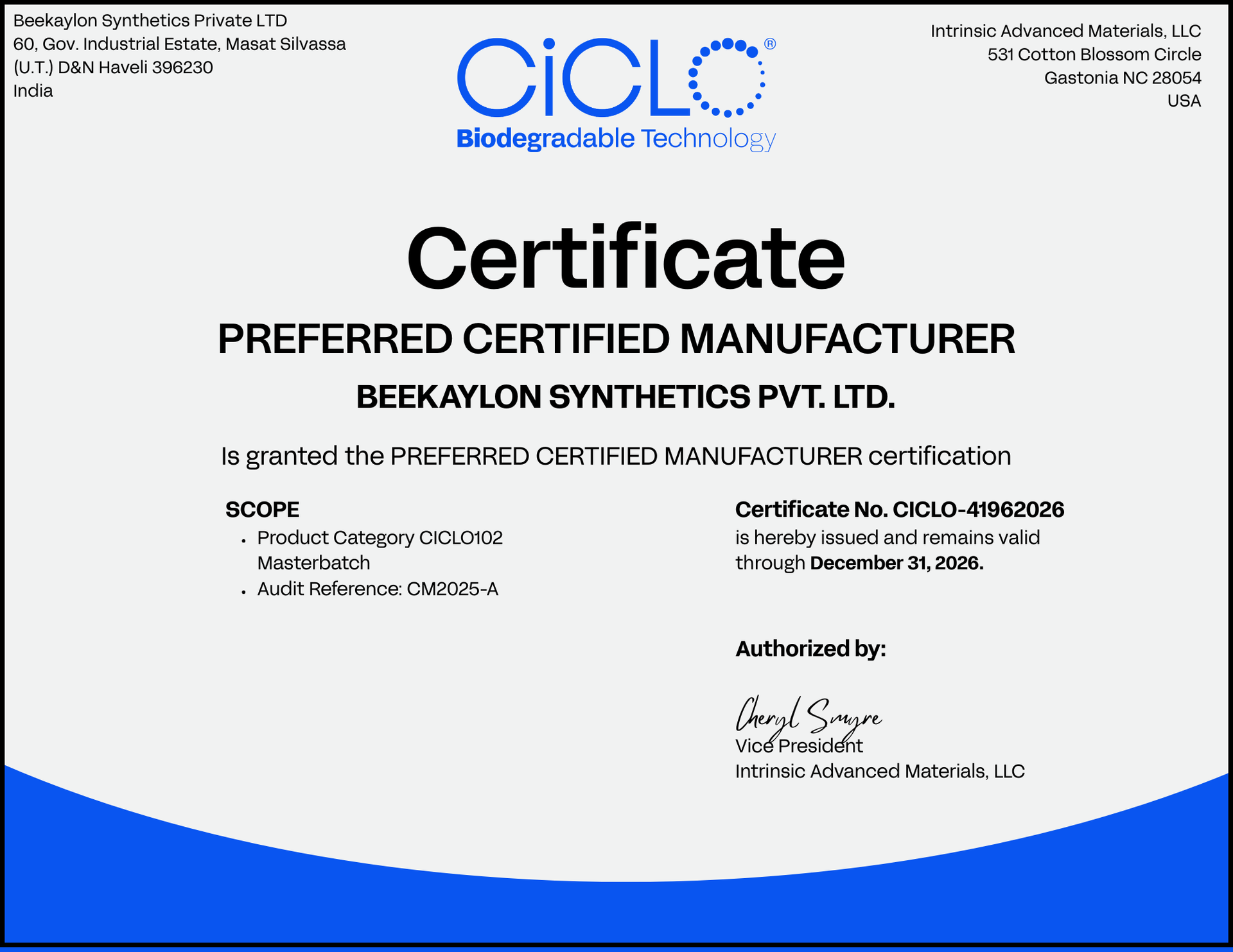Why choose the greener fabric, Poly-Go-Round, made from rPET yarn?
Why choose the greener fabric,
Poly-Go-Round, made from rPET yarn?

The world is currently, reeling under a major plastic pollution crisis, the gigantic amount of plastic waste flowing into oceans and marine areas is likely to almost triple by 2040 and there is an increase of up to 37 million tonnes each year says the UN Environment Programme. To prevent ecological disaster, the need of the hour is to use and promote sustainable products which don’t pollute but help preserve our planet for future generations. In this context, rPET yarn has been developed as an eco-friendly alternative to conventional synthetic yarns that are harmful to our environment. At Beekaylon, we are proud that we produce Poly Go Round - made from rPET yarn for diverse uses ranging from uses in the automotive industry to fabrics.
How does polyester contribute to the environmental crisis?
PET today is a household name and is used in many products around the home. PET stands for polyethylene tetraphyte and is a polymer that ranks as the world’s fourth most common plastic resin. It has diverse applications, you will find it being used in the manufacture of everything from food packaging to clothing. While the commonest use is packaging material such as disposable food containers and bottles, many of us don’t even realise that what’s known as polyester fabric is made from PET as well! What makes it so attractive is that it’s non-toxic, highly durable yet lightweight.
PET is manufactured from crude oil which takes a huge toll on the environment when its being extracted. The next problem is the high durability of PET products which means it takes anywhere from five to seven centuries to degrade if it ends up in landfills. The slow rate of degradation coupled with the growing volumes of PET production have made it a major cause of the plastic waste crisis being faced globally. In fact, some countries have plastic waste heaps the size of small cities.
What is rPET and how is it obtained?
rPET is the short form of recycled polyethylene terephthalat e and applies to any PET material which comes from a recycled source. rPET is obtained by recycling PET plastic bottles and other PET products. The discarded PET waste material comes to waste processing centres. Here, they are sorted and then shredded into tiny flakes which are melted then to detach the core PET ingredient inside. These flakes are then separated by type and colour and any remaining contaminants are removed. These are then subjected to deep cleaning. This clean plastic is now put into mixing silos where they are homogenised. The next step to making this into a resin is to add necessary additives. The final step is Reactive Compounding where the base polymers are melted and blended with these additives. The rPET material obtained is then used.
How does rPET yarn help in protecting the environment?
Poly-Go-Round made from rPET yarn is a sustainable alternative from Beekaylon which can be used in diverse applications ranging from automotive to home products. This is made using rPET and one of the biggest advantages is that manufacturing this needs just 50% of the energy needed to make PET material. As this method relies on recycling existing PET products, these do not end up in landfills. Switching to rPET products such as rPET yarn also helps to reduce greenhouse gas (GHG) emissions by over 79% and cut down on the toxic material going into the oceans. Using rPET results in 65% fewer emissions, besides this 50-65% less Carbon and Sulphur Dioxide are released and 90% less water is needed. This also brings down the carbon footprint. When you choose this greener fabric, you not only get a quality product but also take pride in doing something valuable for the environment.
Beekaylon has produces 100% sustainable yarns which are made with combination of recycle & biodegradable material, unique offering for multiple applications.



